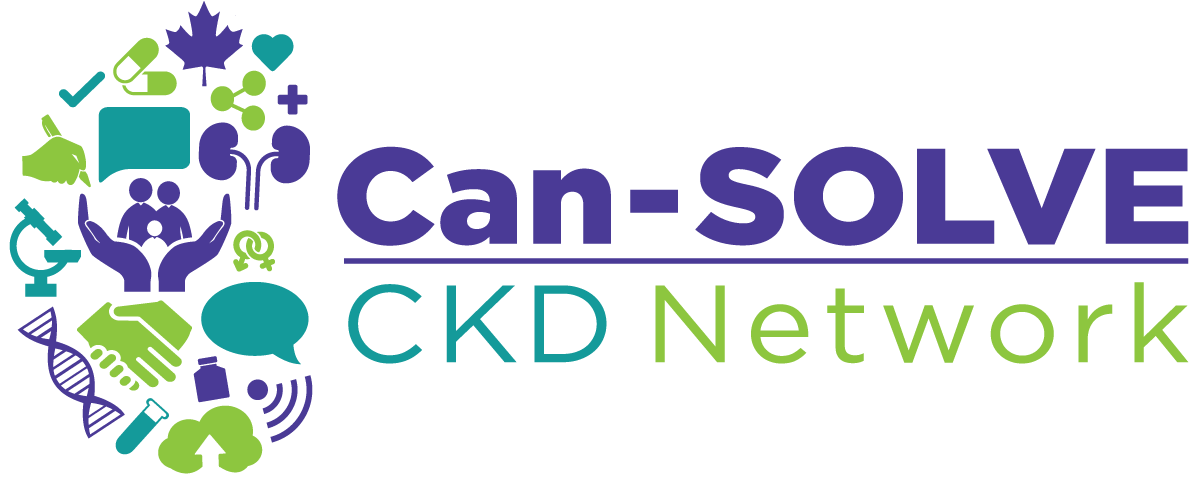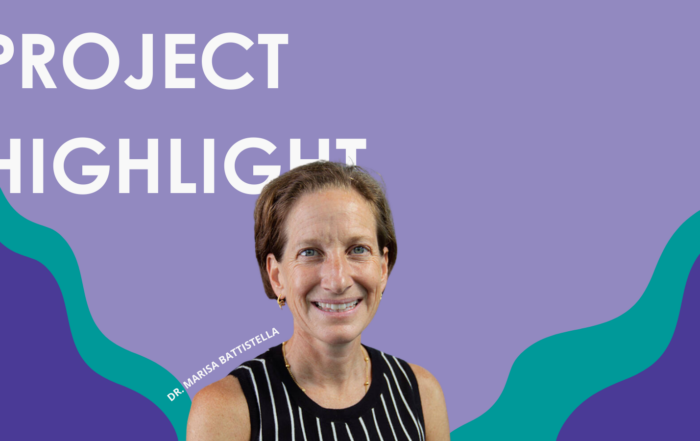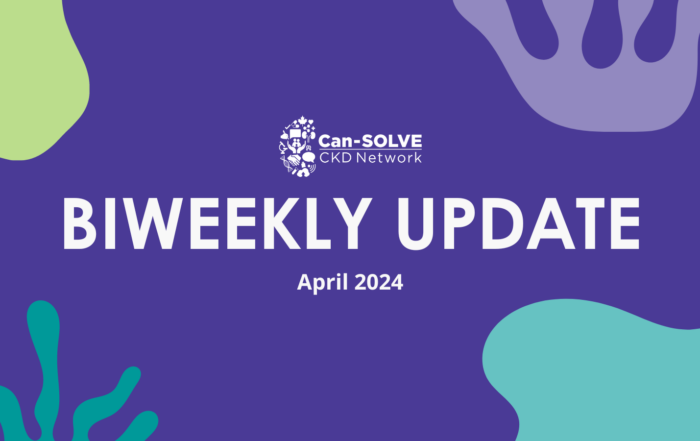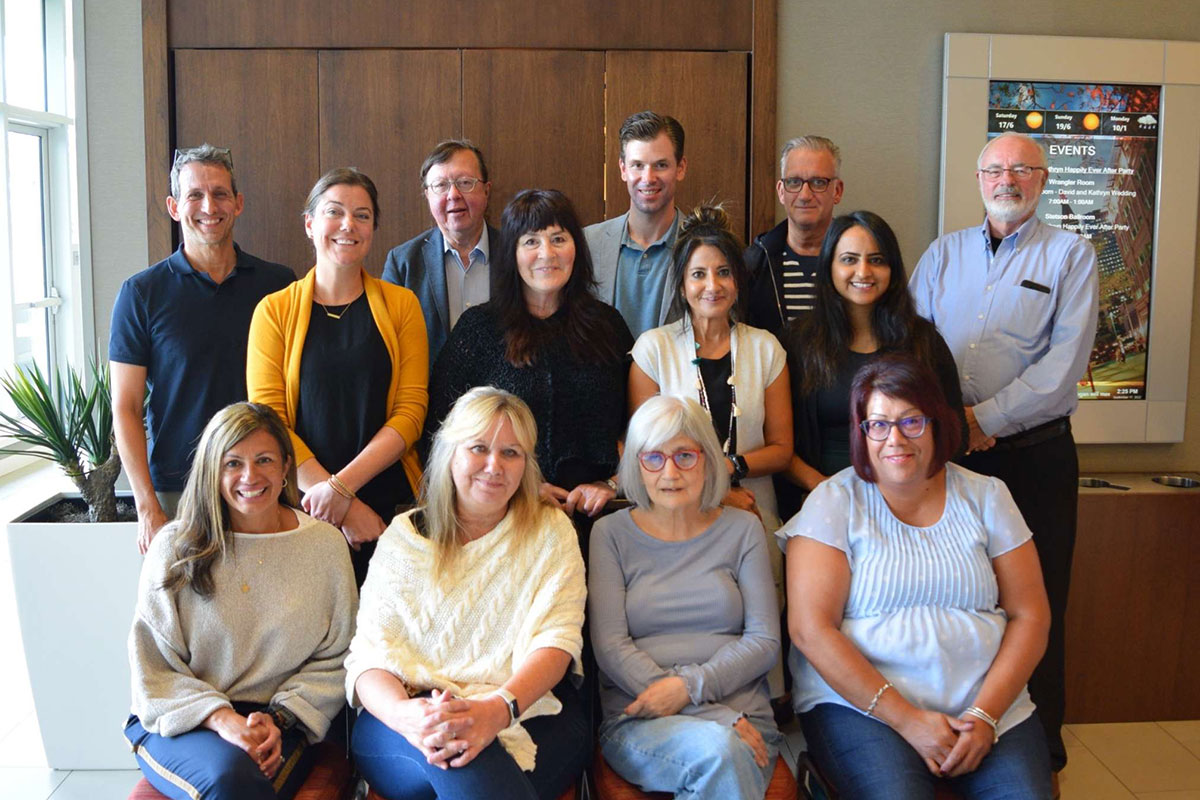
October 31, 2022
Two Can-SOLVE CKD committees, the Research Operations Committee (ROC) and the Knowledge User/Knowledge Mobilization (KU/KM) Committee, held an in-person meeting in Calgary from September 16-17. The purpose of this meeting was to evaluate what worked well in Phase 1 project reviews and KT support, identify areas for improvement, and identify opportunities to streamline reporting processes.
The ROC reviews each of the network’s research projects annually. These reviews assess projects’ alignment with patient priorities and provide feedback to support successful implementation.
The KU/KM Committee, in collaboration with patient partners, provides consultation, guidance, and tools to support project teams and core committees to mobilize, sustain, and scale-up interventions from Phase 1 and Phase 2. This involves feedback on how to actively engage with end-users (patients, caregivers, patient groups, health care professionals, policy makers, etc.) while ensuring projects remain focused on addressing the four pillars/priority areas of Phase 2.
“Based on our experience from Phase 1, members of the two committees felt it was necessary to come together to rethink how to work more collaboratively, leverage in-house membership expertise, and work more effectively across committees” says Project Manager Cynthia MacDonald.
The meeting was an interactive and engaging session with 14 people in attendance, including four patient partners, and an additional person joining remotely. Participants included Can-SOLVE CKD Network leadership, patient partners, staff, nephrologists and researchers. Members who were unable to attend in person provided feedback in advance of the meeting. The meeting started off with a powerful Welcome and Land Acknowledgment from Knowledge Keepers Ruth Scalplock and her brother Gilbert Lewis.
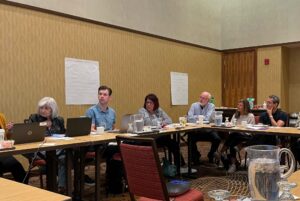 There was resounding support for the two committees to work more closely together. Many ideas were shared on how to improve collaboration, with a focus on sustainability beyond Phase 2. Patient partners expressed an interest in honest and open communication through regular check-ins, more fulsome engagement, and increased patient participating in the two committees. Participants also sought to enhance Indigenous patient partner voices and processes by building trust and incorporating other ways of learning (non-traditional learning) and knowledge sharing.
There was resounding support for the two committees to work more closely together. Many ideas were shared on how to improve collaboration, with a focus on sustainability beyond Phase 2. Patient partners expressed an interest in honest and open communication through regular check-ins, more fulsome engagement, and increased patient participating in the two committees. Participants also sought to enhance Indigenous patient partner voices and processes by building trust and incorporating other ways of learning (non-traditional learning) and knowledge sharing.
Network members will learn more about the work of the two committees at the next Can-SOLVE CKD Network capacity building workshop on December 6. If you would like to register, please contact admin@cansolveckd.ca.
More Network Updates
Connect with us!
Subscribe to learn more about what we do, why it matters, and how you can get involved!
